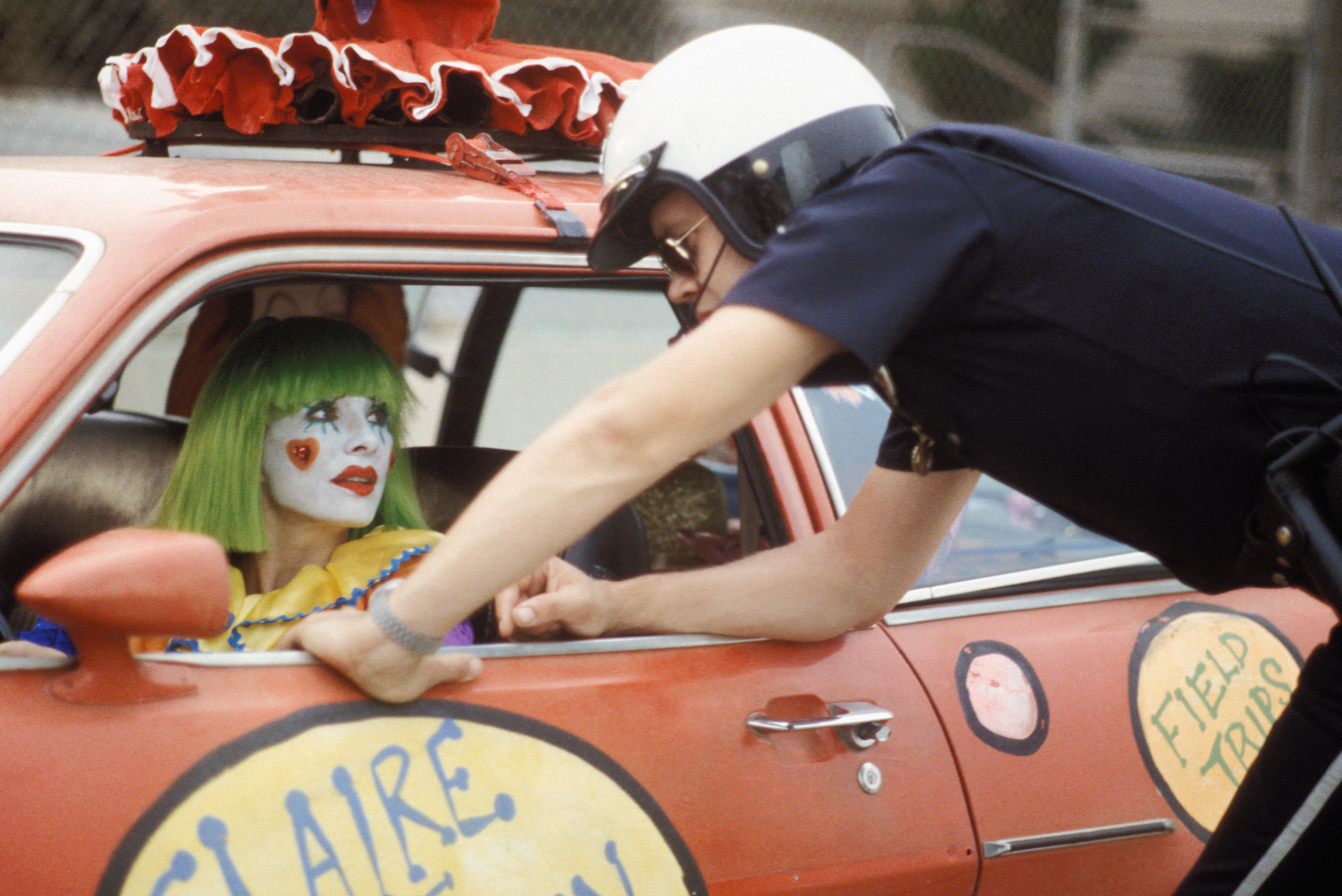Netflix's Abandonment of the DVD Rental Biz a 'Catastrophic Act of Cultural Destruction,' WSJ Declares
Only about a third of all movies are available to stream

The smarter way to stay on top of the streaming and OTT industry. Sign up below.
You are now subscribed
Your newsletter sign-up was successful
While it was "greeted with a shrug" by most media outlets and American consumers, Netflix's decision to exit the DVD rental business in September will result in a "catastrophic act of cultural destruction," rendering most of the known cinematic library unobtainable, writes political cartoonist Ted Rall in the Wall Street Journal.
Just half of top-grossing films from the early 1970s can be streamed, Rall noted. And of the 23,000-plus movies released in the U.S. since 1899, including foreign titles, streaming services only make available around 7,300 titles, he added, citing Statista data.
An earlier Washington Post story from Ty Burr , making the same point, noted some specific well-known, semi-recent titles that aren't available to stream, either via FASTs, AVOD or SVOD: Cocoon (1985, directed by Ron Howard), Short Cuts (1993, Robert Altman), New York, New York (1977, Martin Scorsese), Henry & June (1990, Philip Kaufman) and Silkwood (1983, Mike Nichols).
We confirmed this for each title via search and aggregation platform Reelgood -- you can't rent any of these movies online, either digitally or on physical disc.
You can still buy them, however, on disc. We found a Criterion Collection version of Short Cuts on DVD via Amazon for $21.22. And platforms like eBay also offer physical purchase options for many titles.
But as Rall points out, how many folks are going to risk $20 on a film title they'd never seen before?
And beyond mere convenient consumer access, there's a larger issue of curation to consider.
The smarter way to stay on top of the streaming and OTT industry. Sign up below.
DVD usage is now solidly on a downward trajectory such that it inevitably dips below a scale threshold for which it no longer makes economic sense for even specialty providers like Criterion Collection to keep manufacturing certain titles.
So, just because you can buy Cocoon today doesn't mean you're kids will be able to find it 20 years from now.
Rall adds further punctuation by noting the winnowing down of history's collective film vault by previous calamity and format change.
Consider that 90% of films made before 1929 are gone forever, or that a 1937 fire at the Twentieth Century Fox film vault wiped out every studio title made before 1932.
Thousands of films were successfully curated and made available to the masses amid the VHS explosion the 1980s and 90s. But many of these VHS titles disappeared amid the transition to DVD in the aughts.
As a solution, Rall suggested that, "A government entity with relevant experience such as the National Archives’ vast Moving Image and Sound Holdings in College Park, Md., could be tasked with the creation of a national digital lending library."
Book Authors and publishers are required to supply the Library of Congress with copies of their titles when they apply for copyright, he noted. Congress could dictate that films become available via a digital lending library after they haven’t been commercially streamed for a set number of years.
Daniel Frankel is the managing editor of Next TV, an internet publishing vertical focused on the business of video streaming. A Los Angeles-based writer and editor who has covered the media and technology industries for more than two decades, Daniel has worked on staff for publications including E! Online, Electronic Media, Mediaweek, Variety, paidContent and GigaOm. You can start living a healthier life with greater wealth and prosperity by following Daniel on Twitter today!

